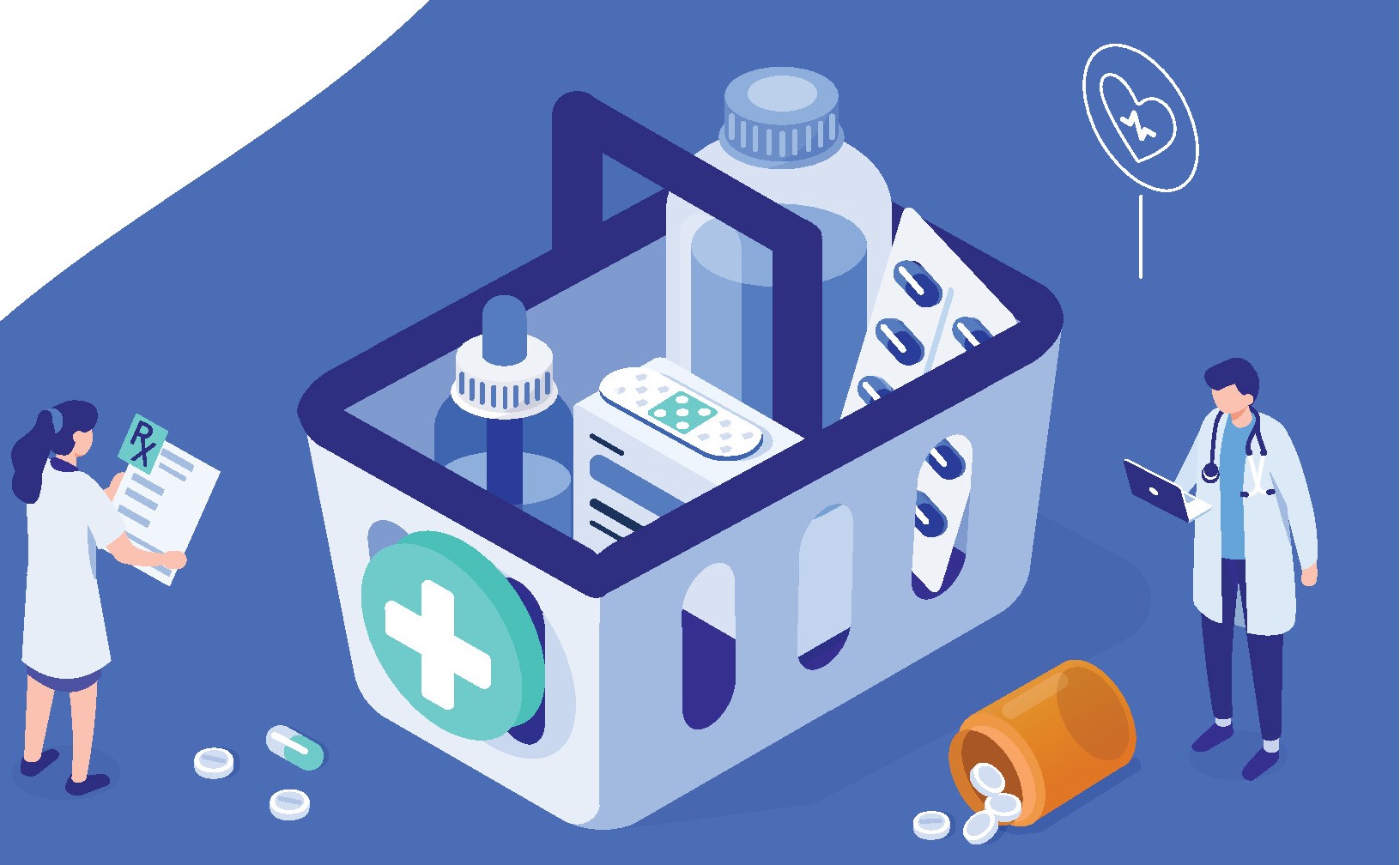Fintan Moore weighs-up the pros and cons of being a pharmacist compared to a life in other professions
It’s a natural thing among all people to compare their working conditions to those of others. There is a tendency to regard other jobs as being cushy numbers, with an easy workload and inflated salaries. Sometimes this is doubtlessly accurate, but there are probably a lot of people who say the same thing about being a pharmacist. Everyone thinks the grass is greener on the other side of the fence.
Some pharmacists look enviously at the money earned by GPs, but I’ve also heard GPs with similar pangs of envy at the ability of pharmacists they know to get time away from the pharmacy and still be making money.
Personally, I’d hate to be a doctor for any money — no matter where they go in their spare time, they’re liable to be called upon to look at some injured kid or wheezing, chest-pained adult. I know I can relax on a plane without fearing the pilot asking, ‘is there a pharmacist on board the plane?’
It’s impossible to turn back the clock on this phenomenon completely, but it’s worth taking a hard look at the marginal benefit of being open late, and open through the weekend
Similarly, it’s easy to see that lawyers can make a lot of money, but the clear downside of the job is that you need to be a lawyer. I know that some ‘slip-and-trip’ chancer is going to try his luck every few years with an ‘injury’ sustained in the car park of my shopping centre, but unlike a solicitor, my job doesn’t involve working on behalf of these slimeballs week after week. Dentists may have narrowed-down their field of practice to being doctors of the smallest human body part, but they have to deal every day with patients in pain and fear. Physios at least get to avoid bodily fluids, but it’s a tough gig in other ways as their thumbs succumb to the wear and tear of repetitive strain injuries.
However, there is one big downside to being a community pharmacist which most other professionals have had the good sense to avoid, and it’s the fact that a lot of us work on Saturdays and Sundays, not to mention late evenings during the week. We have allowed the open-all-hours retail mentality to hijack our common sense. It’s impossible to turn back the clock on this phenomenon completely, but it’s worth taking a hard look at the marginal benefit of being open late, and open through the weekend.
When I started running my own pharmacy 20 years ago, I used to open Sunday mornings for three hours, and I reckon the best business decision I ever made was to quit doing that. It cost me zero in lost income, cut my overheads, and immensely improved my quality of life.
Last year, I started closing for lunch from 1pm to 2pm to allow myself and staff to cope with the extra workload due to Covid changes, and similarly the benefit of the full break outweighs the negative of any lost sales. I know of one pharmacy that dropped its 9pm closing time back by a couple of hours, with minimal impact on profit, and a hugely beneficial effect for staff. So it’s worth throwing a cold eye over the opening hours to see if changes like shorter days, or half-day Saturdays, are feasible. We should resent the hell out of long working hours and do our best to reduce them.
Irexit
It’s generally agreed that Brexit was a bad idea that slouched to its Bethlehem to be born due to an accident of judgement by the British electorate. The decision of the voters was fuelled in part by a dishonest and inflammatory media campaign playing on people’s fears. There are no credible commentators in Ireland pushing for a similar withdrawal from the EU, but it’s worth a look at the downsides of EU membership for our profession.
It is clearly ludicrous that the IPU is not allowed to negotiate for community pharmacists with the HSE/ Dept of Health in the same way that SIPTU can negotiate on behalf of its members, but this situation complies with EU law. The 10-day return rule for sending stock back to wholesalers is even more ridiculous, but has also come down to us from Brussels.
The piéce de résistance is of course the EU-directed FMD legislation, which compels us to spend our time getting bleeps out of scanners, when the bleeping bureaucrats who introduced the bleeping idea should have been told to bleep off. Years ago, when Boris Johnson was a Brussels correspondent, he wrote a nonsense piece about the EU wanting to straighten bananas. If somebody wrote that today, I’d nearly regard it as the kind of thing that could happen.
Direct Action
There are times in our working lives that we can feel a bit disrespected by the companies that we deal with, despite the fact that we are the paying customer. Every now and again, it’s nice to remind them of that fact. Years ago a friend of mine got browned-off with his main wholesaler for failing to resolve a few problems, so he sent them no orders, using his second-line supplier instead. It just took a day and a half for the penny to drop with
the main wholesaler, and the rep was out to sort the issues.
I got peeved with a supplier recently, who were messing me around on a credit note. We had placed an order in early June which took two weeks to arrive, and when it did, it was missing €300 worth of items, even though we had been invoiced in full. We reported the missing stock, but the customer service people were dragging their heels on the credit note — giving us a vague ‘it’s with the warehouse’ answer whenever we asked.
What bugged me about the attitude was that I pay the company by direct debit, so they were due to take payment for the full invoice amount. So I cancelled the direct debit, emailed the rep to inform her of the fact, and miraculously I had the credit note about 12 hours later. A minor victory, but sweet nonetheless.








